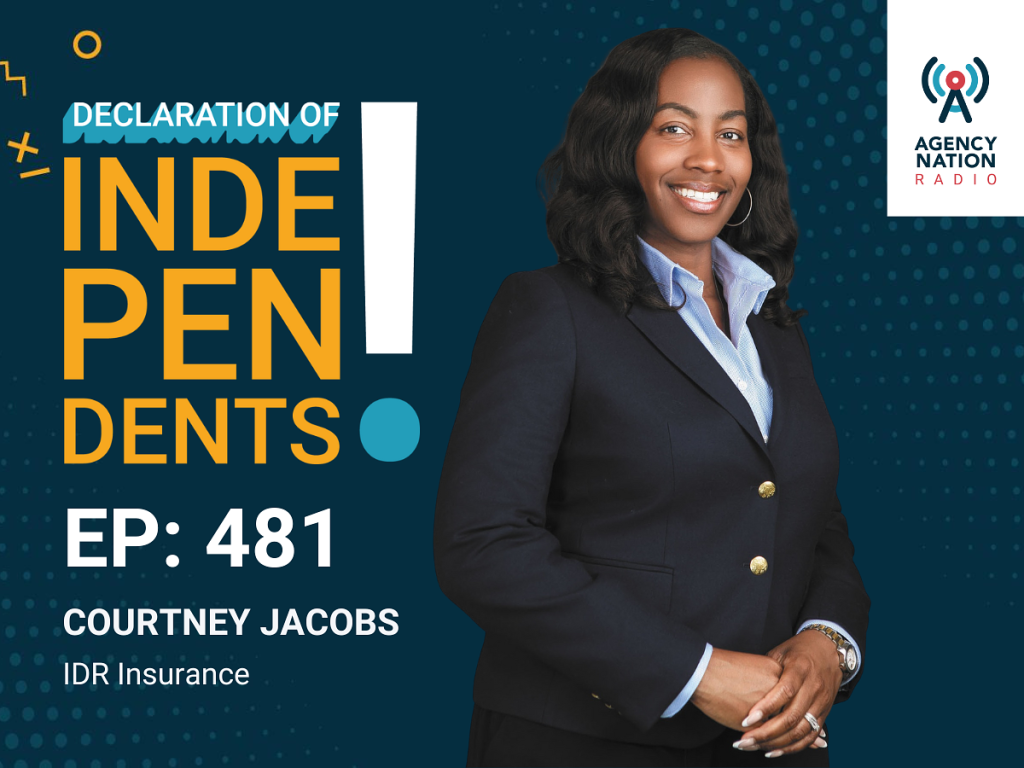Contractor Scratches Window—Covered by HO, CGL Policies?
By: Bill Wilson
| An insured owns an expensive home with numerous custom windows. He hired a window washer with 25-plus years of experience to clean and wash the windows. While removing plaster and varnish from the windows, he scratched most of them. The insured subsequently learned that the window washer is uninsured. Does he have any coverage under his homeowners policy? If such claims are denied, it is typically by reliance on one or more exclusions that include terms such as “marring” or “scratching.” However, a word in isolation may mean something entirely different from a word within the context of a list of exclusionary terms. Without getting too academic, there are a couple of legal terms that might have bearing on whether or not there’s coverage for this type of loss. These terms are “ejusdem generic” and “noscitur a sociis.” While they may sound a little esoteric, they can be invaluable in interpreting policy coverages involving claims as varied as hijacking and sexual assault. The Virtual University has the full story, along with the faculty’s examination of eight different claims scenarios for CGL coverage when a contractor scratches glass. One claim involved $100,000 in damage to windows of a high-value home. The insureds have varied from window cleaners to painters to brick masons that were either working directly on the window glass, the frame, or surrounding areas. If the glass is inadvertently scratched, is there any CGL coverage? Often these claims are denied under the ISO CGL policy, citing “care, custody or control.” First, note that the “CCC” exclusion in the ISO CGL applies only to personal property, not real property like building glass. If an exclusion is correctly cited, it is most often either j.(5) or j.(6), both of which apply to damage to “that particular part” of the property being worked on. The key word in both exclusions is “on.” For j.(5), the exclusion applies to property “on which” operations are being performed. For j.(6), the exclusion applies to faulty workmanship “on” that part of the property. In some cases, the exclusion is valid; in others, it is not. Bill Wilson is director of Big “I” Virtual University. |










